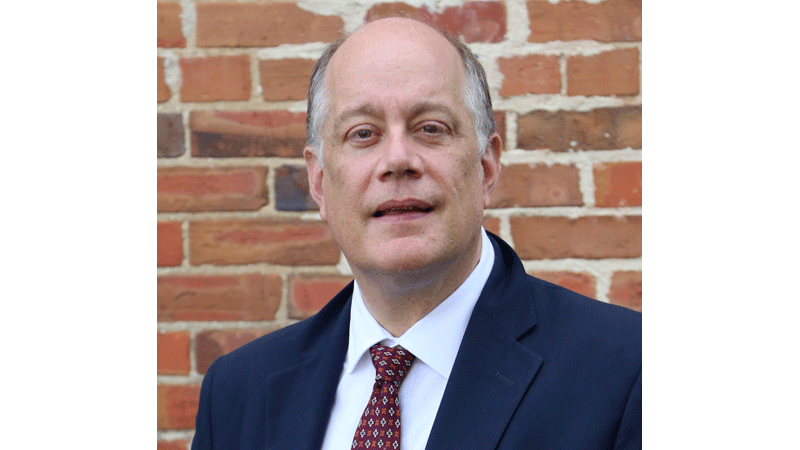The long road ahead
Published 9:29 am Wednesday, June 24, 2015
We as Southerners need to have a come-to-Jesus talk.
For all our championing of history and talk of honoring the past, we let the present slide away from us. We’re so busy looking backward that we don’t quite realize what’s happening under our noses.
We pride ourselves on the abolition of slavery and the Civil Rights Movement. We say to ourselves, “Oh, look how far we’ve come. We’ve abolished slavery and given African-Americans their civil rights, and, yeah, we once enslaved an entire race, but that’s all in the past.”
It upsets me that it takes a tragedy like the one in Charleston, South Carolina, to snap the current state of affairs into focus.
Allow me to be brutally honest: We are still grappling with racial inequality.
According to research published by Brandeis University in August 2014, the median household wealth of white people in the United States is $91,405. For blacks it is a measly $6,446.
Nearly 73 percent of white families are homeowners. Only 43.5 percent of black families command enough funds to own their property.
Almost 11.5 percent of black people are unemployed, whereas only 5.3 percent of white people find themselves without work.
According to the FBI, more than 2,906 people were victims of racially based hate crimes in 2014.
The Southern Poverty Law Center has identified and catalogued 784 active hate groups in the United States, one of which is active in Courtland, 27 of which are based in Virginia, and 339 of which are located in the South.
Last Wednesday, a white man who expressed vitriolic hatred toward people of color walked into a historically black church, sat with the congregation in prayer for over an hour, then opened fire, killing nine people. And yet, Fox News insists that he wasn’t racist, only mentally ill.
The fact that conservative news outlets are so quick to sequester Dylann Roof into the category of “mentally ill” exemplifies their unwillingness to acknowledge the lingering racial inequality in America. By portraying the shooter as an aberration, as a fringe member of society outside of the norm, we also sweep the everyday racism and prejudices under the rug.
I do not wish to insinuate that the South is now, or ever has been, uniformly racist, nor do I plan to put forward any policy suggestions. I do, however, want to suggest that we all be more introspective about the discriminatory behaviors we witness, or God forbid, perpetrate ourselves.
Yes, we have come a long way. African-Americans now have access to the same opportunities for education that white people do. No longer do people have to give up bus seats or enter public spaces through doors marked “Colored.”
We’ve elected our first African-American president. You can argue with me on this, but outright, widespread institutionalized racism supported by legislators and enacted by policy has largely abated. But hatred on the individual, person-to-person level is very much alive.
Ridding America of racism on the federal level is a success recorded in the history books. But if we truly want to pride ourselves on how far we’ve come, we need to be open to discussion about the racial biases and prejudices that are present in each and every one us, no matter your skin color. We need to confront catastrophes such as Charleston head on, instead of attempting to reframe the shooter as mentally ill, when he clearly stated he committed his crimes because he is racist.
We need to acknowledge that, while yes, conditions are improved from what they were in the 1960s, we’ve still got a long road ahead of us before we reach any kind of equality.
Walter Francis Jr. is a student at American University and is serving as a staff writer for The Tidewater News this summer. Email him at walter.francis@tidewaternews.com.





